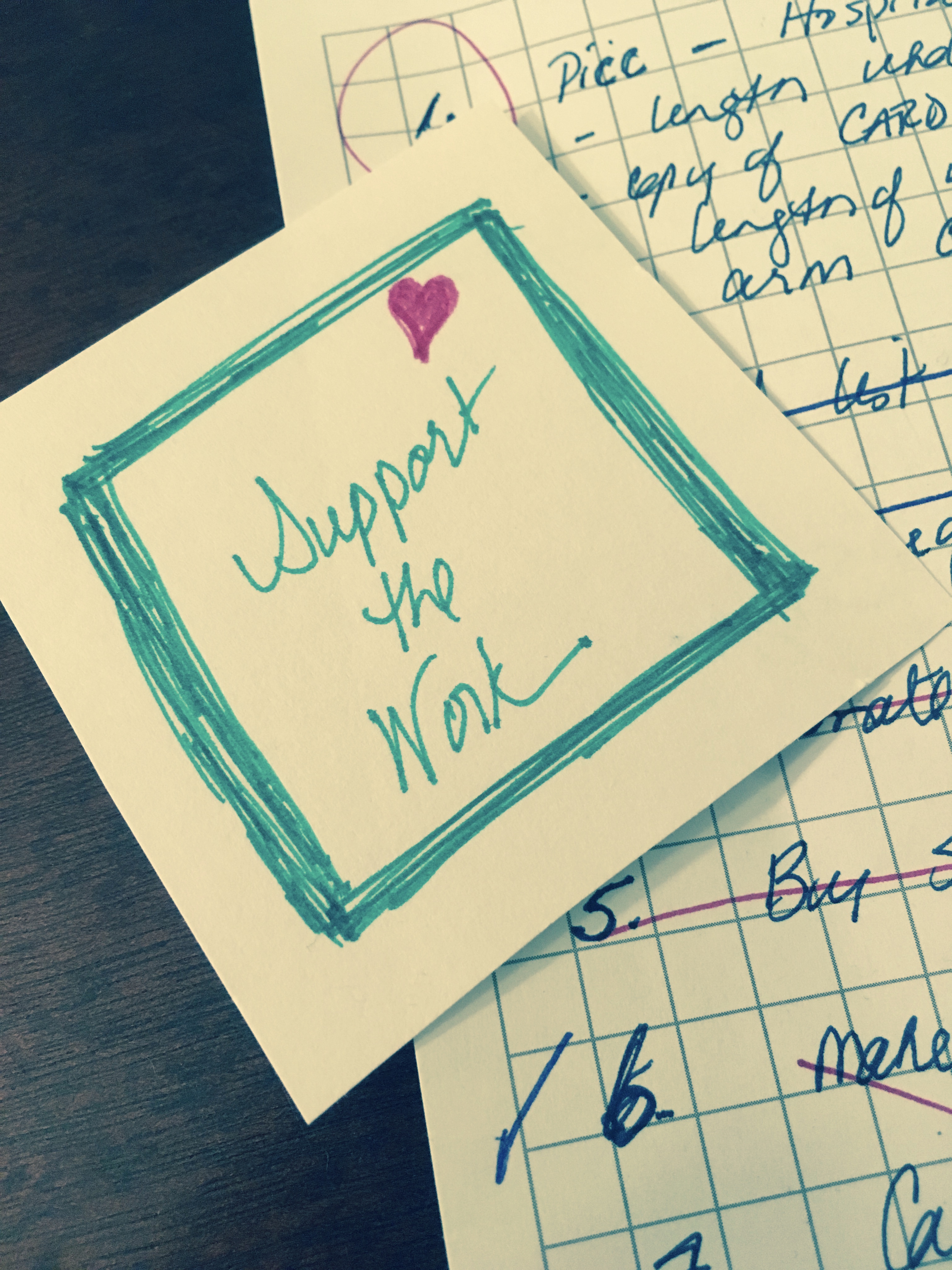Follow Your Gut (Part 2): Going Through a Celiac Biopsy
 Thursday, May 24, 2012 at 7:13PM
Thursday, May 24, 2012 at 7:13PM  Melanie Potock, MA, CCC-SLP tagged
Melanie Potock, MA, CCC-SLP tagged  behavioral treatment,
behavioral treatment,  biopsy,
biopsy,  celiac disease,
celiac disease,  endoscopy,
endoscopy,  gluten,
gluten,  gluten sensitivity
gluten sensitivity  Email Article
Email Article  Print Article in
Print Article in  Health,
Health,  Parents/Kids
Parents/Kids 
Knowing For Certain
Gluten Changed Her Daughter's Behavior - A Lot
Prior to the gluten challenge, Nicky’s diet was filled with “lots of fruits and veggies and only minimally processed foods” and almost no gluten in order to keep her difficulties with attention, impulsivity and other symptoms of gluten sensitivity in check. She had always been an excellent student and a well-behaved child, as long as she stayed away from the gluten-monster. Alarm bells began to go off shortly after ingesting gluten on a regular basis. During the first month of the challenge, Nicky’s teacher expressed her concern. Nicky’s behavior had become disruptive in the classroom and she had periods of “explosive rage.” Her mother expounded, “Nicky was not coping…not managing…and having a really hard time letting things go. She was no longer in control of herself.”
While the endoscopy and anesthesia loomed in the near future, Emily found it almost unbearable to watch her sweet daughter’s personality change as the flood of gluten invaded her body. “She would space-out…something like getting dressed in the morning was exceptionally challenging.” Emily explained how Nicky couldn’t sequence the steps and how she ‘got lost” in the process. “Twenty minutes later, I’d find her half-dressed and completely off-task and have to redirect her to finish getting on her outfit for school.”
The Day of the Endoscopy
Finally, the day of the endoscopy arrived. The ease of the entire process was a complete surprise to Emily and so much more informal than she had anticipated. Because she had chosen pediatric specialists, the complete procedure was family and child-centered. The pediatric anesthesiologist called Emily the night before (a Sunday!) to introduce himself and see if she or her husband had any questions. The next morning, Nicky had the procedure done in her “street clothes” and her parents were encouraged to go back to the procedure room with her. They stayed there till she fell asleep, gave her a kiss and 15 minutes later met her in the recovery area, where she had a Popsicle™. “I had pictured it in my own mind so differently! If I had known it was that easy , I would have been less worried. Knowledge is key. ”
The Results Are In
Two weeks later, the biopsy results were revealed with two precious words: no celiac. According to the University of Maryland's Center for Celiac Research, 4 out of 5 distinct markers would necessitate a positive diagnosis (see a list of these markers here). However, this little one had 3 out of 5. This was good news.
When I asked Emily what her first thoughts were after hearing those precious two words, she expressed a sigh of relief. “NOW we know. Now we know that a little gluten here and there won't have serious, unseen side effects. We will continue to respect her gluten sensitivity, but, thankfully, being a sensitivity, it allows us a little freedom. She has chosen in the past to be gluten-free because of her stomach aches, and now we can continue to allow her a little independence in that choice. But, I continue to be frustrated at some medical professional's dismissal of how significant gluten sensitivity can be for some people. From what I’ve read online, there seems to be a definite identification of gluten sensitivity. I guess it just needs more research to be more widely accepted. I feel like so many people just think I'm crazy when I say how gluten affects her behavior. “
I admire my friend Emily. She listened to her most powerful resource, her mother’s intuition. She followed her gut and learned what was eating at her sweet daughter’s stomach. “What’s the best part of once again going gluten-free?” I asked Emily. “I’m excited for her attention and mood to improve. I’m excited to watch her heal.” I smiled: “Be gone gluten-monster! Be gone!”
About Melanie
 Melanie Potock, MA, CCC-SLPMelanie is speech language pathologist who specializes in feeding. Her work brings her into the homes and schools of her clients, kids, who for various reasons have difficulty with food or with eating. She works with kids and their parents to develop effective strategies that help children become “more adventurous eaters”. At least 50% of her clients have food allergies or intolerances, and for them, “adventurous eating” takes on a special meaning. Melanie is also the author of Happy Mealtimes with Happy Kids” and the executive producer of “Dancing in the Kitchen.”
Melanie Potock, MA, CCC-SLPMelanie is speech language pathologist who specializes in feeding. Her work brings her into the homes and schools of her clients, kids, who for various reasons have difficulty with food or with eating. She works with kids and their parents to develop effective strategies that help children become “more adventurous eaters”. At least 50% of her clients have food allergies or intolerances, and for them, “adventurous eating” takes on a special meaning. Melanie is also the author of Happy Mealtimes with Happy Kids” and the executive producer of “Dancing in the Kitchen.”
More Posts from Melanie
Why Children with Autism are Often Picky Eaters
Review: The Magic of the BellyFull Kit (From the Hopeful Company)
The 12 Days of Christmas -- My Favorite Lunchtime Things (Part 1)
Tips to Help Your Food Allergic Child Belong During the Holidays
How to Talk Turkey (and Food Allergies) at Thanksgiving
How Can Parents Feel Less Stress with a Food Allergic Child in School?


Reader Comments (2)
http://www.tenderfoodie.com/blog/2011/12/22/interview-w-dr-alessio-fasano-part-2-how-to-get-tested-for-c.html
http://www.tenderfoodie.com/blog/2011/12/19/interview-w-dr-alessio-fasano-part-1-should-anyone-eat-glute.html